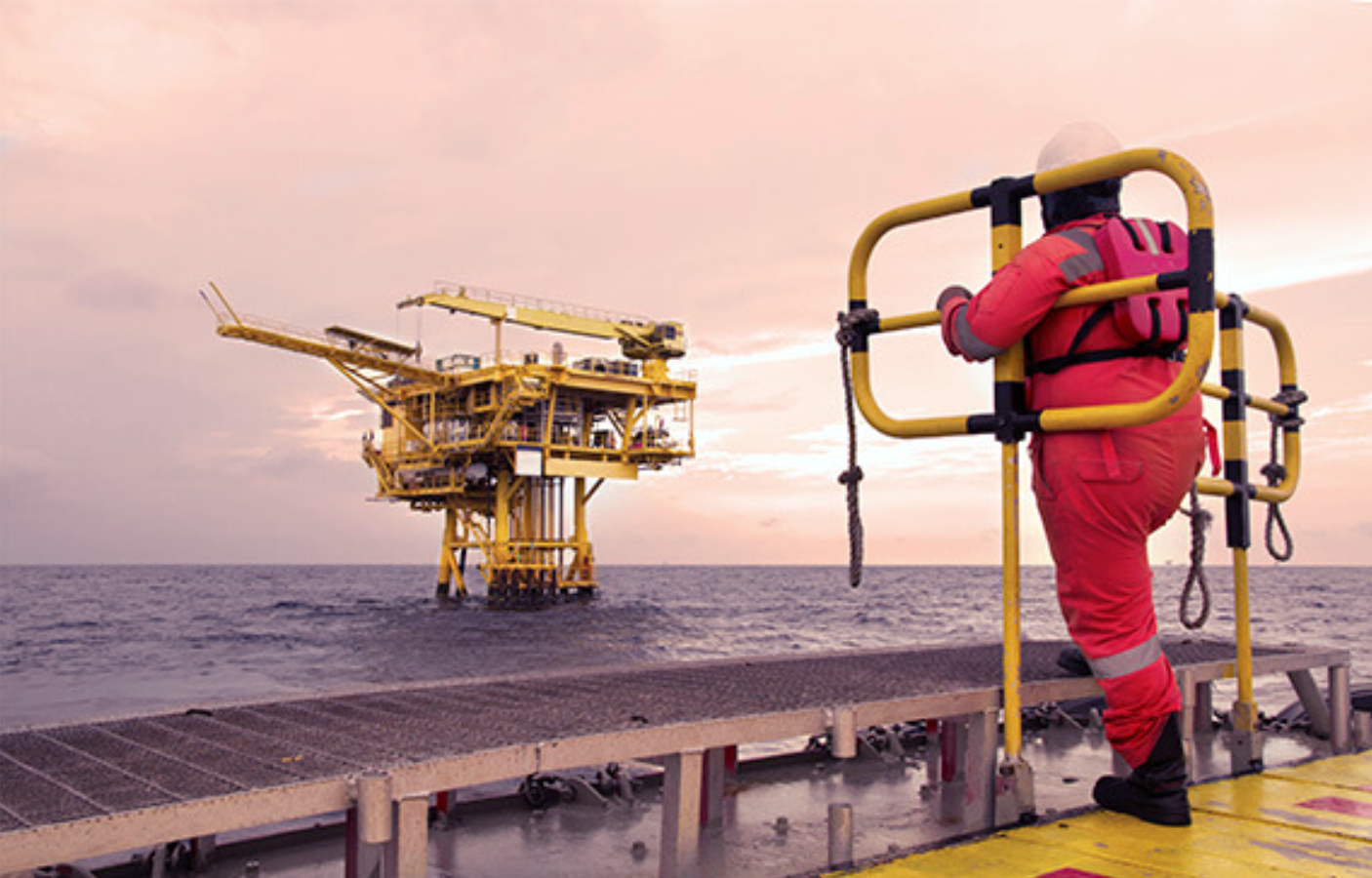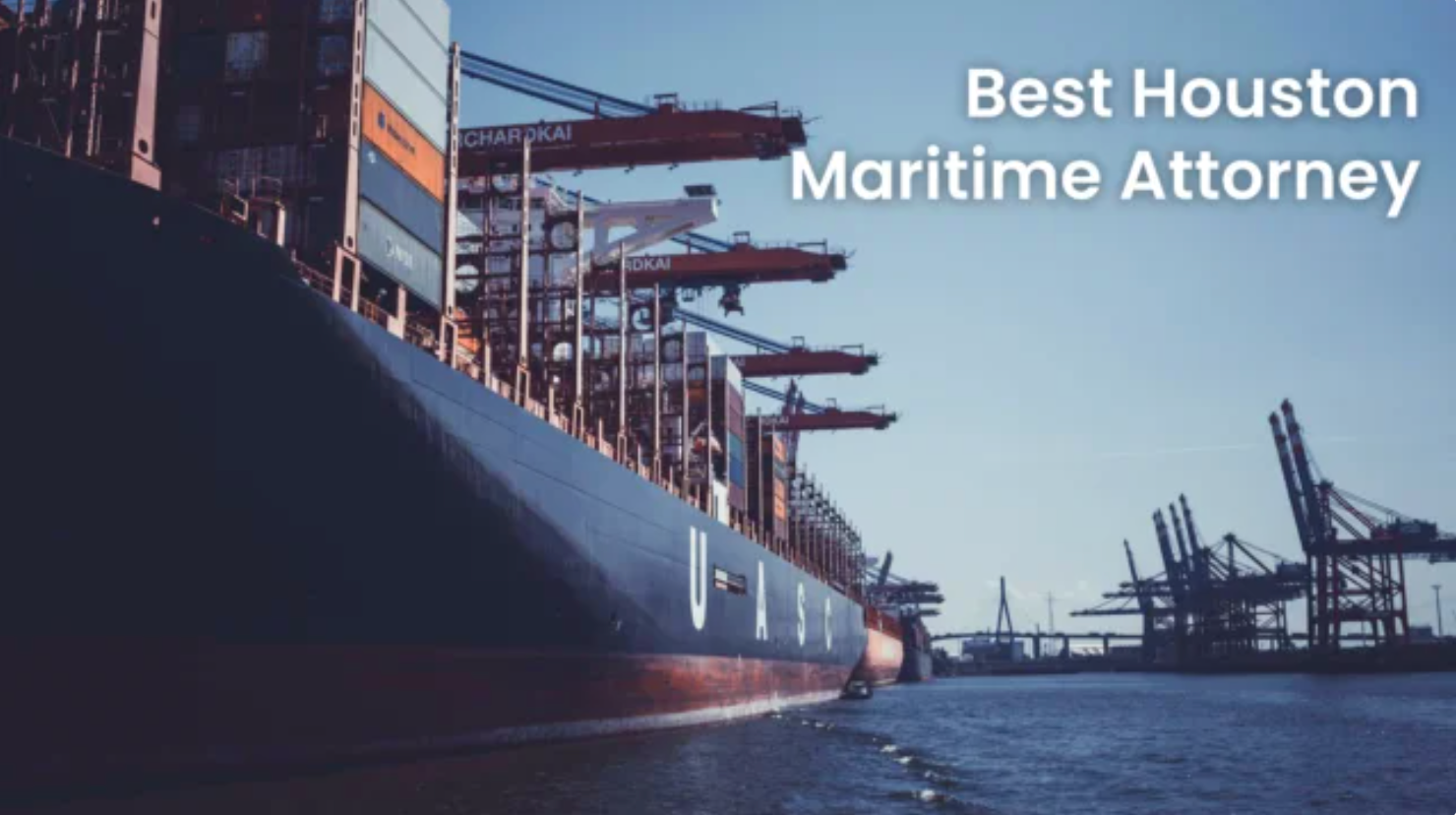Offshore Injury and Accident Lawyers
The year 2000 marked a pivotal era for the maritime industry in the United States, with offshore activities playing a crucial role in the nation’s economy. Alongside the growth in the offshore sector came the inherent risks of accidents and injuries at sea. This article delves into the landscape of offshore injury and accident lawyers in the US during the year 2000, examining their roles, challenges, and significant contributions to maritime law and the well-being of offshore workers.
1. The Offshore Industry’s Surge in 2000
As the US offshore industry experienced unprecedented growth in 2000, with increased exploration, drilling, and maritime activities, the demand for legal representation in cases of accidents and injuries surged. Offshore injury and accident lawyers became essential advocates, navigating the complex legal waters to ensure that those harmed in the course of offshore work received fair compensation and justice.
2. Specialized Legal Expertise in Maritime Law
Offshore injury and accident lawyers in 2000 were legal professionals with a specialized focus on maritime and admiralty law. These legal fields encompassed a broad spectrum, including the Jones Act, Longshore and Harbor Workers’ Compensation Act (LHWCA), and general maritime law. Their expertise was tailored to address the unique challenges posed by accidents and injuries in the offshore environment.
3. The Jones Act and Protections for Maritime Workers
The Jones Act, a cornerstone of maritime law, played a central role in cases handled by offshore injury lawyers. This legislation granted specific rights and protections to seamen injured while working aboard vessels. Lawyers navigated the intricacies of the Jones Act, ensuring that offshore workers received due compensation for injuries sustained during their maritime employment.
4. Handling Personal Injury Claims
Offshore injury lawyers in 2000 were at the forefront of representing individuals who suffered personal injuries in offshore incidents. From accidents on drilling platforms to mishaps on support vessels, legal professionals navigated the complexities of personal injury claims. Their role involved pursuing compensation for medical expenses, lost wages, pain and suffering, and addressing long-term consequences of injuries sustained offshore.
5. Unique Challenges in Offshore Accident Cases
Offshore accident cases presented a myriad of challenges, from determining jurisdiction to addressing the complexities of maritime regulations. Lawyers specializing in offshore accidents needed to conduct thorough investigations, collaborate with industry experts, and stay updated on evolving legal standards. This multifaceted approach was essential for building robust cases on behalf of clients affected by accidents at sea.
6. Environmental Consequences and Liability Issues
Beyond personal injuries, offshore accidents often had environmental consequences, including spills, pollution, and damage to marine ecosystems. Offshore injury lawyers were actively involved in addressing liability issues related to environmental damage. They played a crucial role in holding responsible parties accountable for their actions and advocating for environmental conservation.
7. Maritime Insurance and Compensation Claims
Navigating maritime insurance complexities was a significant aspect of offshore injury and accident law in 2000. Lawyers worked closely with clients to understand insurance policies, assess coverage, and pursue compensation claims. Their expertise in maritime insurance law ensured that clients received the full extent of compensation to which they were entitled, considering the unique nature of offshore accidents.
8. Advocacy for Safer Working Conditions
Offshore injury lawyers were not merely legal representatives; they emerged as advocates for improved safety standards in the offshore industry. Through their legal efforts, these professionals highlighted areas where safety protocols could be enhanced, contributing to a broader conversation about industry practices, regulatory oversight, and the well-being of offshore workers.
9. Collaborations with Industry Experts
The technical nature of offshore activities necessitated collaborations between offshore injury lawyers and industry experts. Lawyers worked alongside maritime engineers, safety specialists, and accident reconstruction experts to comprehend the technical details of an accident, assess liability, and present compelling evidence in court. These interdisciplinary collaborations strengthened legal teams’ ability to build persuasive cases.
10. Representation in Admiralty Courts
Admiralty courts, specialized in maritime and admiralty law, became arenas where offshore injury and accident lawyers advocated for their clients. These legal professionals were adept at presenting cases in these specialized courts, ensuring that offshore accident cases were heard in forums equipped to address the unique legal challenges associated with maritime incidents.
11. Evolving Legal Landscape: Responses to Industry Changes
The year 2000 marked a period of change in the offshore industry, with advancements in technology, increased regulatory scrutiny, and evolving industry practices. Offshore injury and accident lawyers had to stay ahead of these changes, adapting their legal strategies to address emerging issues. Their ability to navigate the evolving legal landscape ensured that their clients’ cases were contextualized within the contemporary realities of the offshore sector.
12. Legacy of Advocacy and Justice
The offshore injury and accident lawyers of 2000 left a lasting legacy of advocacy and justice. Their dedication, expertise, and tireless efforts contributed to a legal framework that prioritized the rights and well-being of individuals working in the maritime industry. As the offshore sector continues to evolve, the legacy of these lawyers serves as a guiding beacon for future legal professionals navigating the complex and dynamic waters of offshore law. In 2000, they stood as guardians of justice on the high seas, ensuring that the rights of those injured or affected by offshore accidents were upheld with integrity and diligence.
13. Maritime Investigations and Evidence Gathering
Offshore injury and accident lawyers in the year 2000 were extensively involved in conducting maritime investigations. This included gathering crucial evidence, collaborating with maritime experts, and determining the root causes of accidents. Their ability to navigate the complexities of maritime investigations was vital in building strong legal cases, whether it involved equipment failure, human error, or environmental factors contributing to the accident.
14. Representation in International Waters
Given the global nature of offshore activities, some incidents occurred in international waters. Offshore injury lawyers extended their representation to cases involving incidents beyond the territorial waters of the United States. Navigating the complexities of international maritime law, these lawyers ensured that their clients’ rights were protected, irrespective of where the accident occurred.
15. Advocacy for Maritime Workers’ Rights
Offshore injury lawyers were not only advocates for individual clients but also champions for improved rights and protections for maritime workers. Their legal efforts contributed to ongoing conversations about labor conditions, worker safety, and the need for comprehensive regulations to safeguard the well-being of those working in offshore environments.
16. Adapting to Technological Advances
The year 2000 witnessed technological advancements in the offshore industry. Offshore injury and accident lawyers had to adapt to the changing technological landscape, understanding the implications of new technologies on accident causation and liability. Their ability to integrate technological advancements into legal strategies showcased their adaptability and commitment to staying ahead of industry changes.
17. Impact of Legislative Changes
Legal landscapes are often influenced by changes in legislation. Offshore injury lawyers in 2000 were attuned to legislative shifts that impacted maritime law. Whether it was amendments to existing laws or the introduction of new regulations, these legal professionals remained vigilant, ensuring that their advocacy aligned with the most current legal standards.
18. Education and Training Initiatives
Recognizing the importance of proactive measures in preventing offshore accidents, lawyers in 2000 engaged in education and training initiatives. They collaborated with industry stakeholders to promote safety awareness, emphasizing the significance of adhering to best practices, regulatory guidelines, and training programs to mitigate the risks associated with offshore work.
19. Collaborative Efforts with Industry Stakeholders
Offshore injury and accident lawyers understood the value of collaboration with industry stakeholders. They engaged in dialogue with offshore companies, regulatory bodies, and advocacy groups to address systemic issues affecting the safety and well-being of offshore workers. These collaborative efforts aimed to foster a culture of responsibility and accountability within the industry.
20. Commemorating Milestones and Achievements
As legal advocates for offshore workers, the lawyers of 2000 commemorated milestones and achievements in the pursuit of justice. Successful cases, changes in industry practices, and improvements in safety standards were acknowledged as positive steps forward. Recognizing these milestones fueled the commitment of lawyers to continue their efforts in making offshore environments safer for workers.



